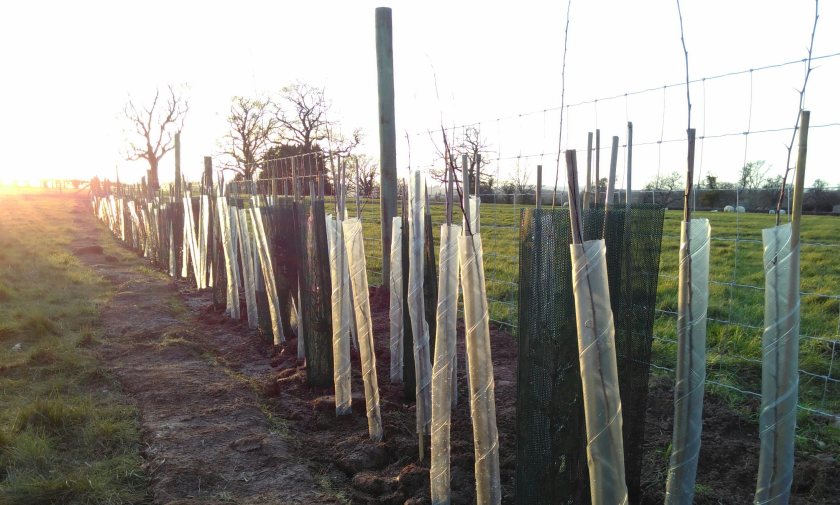
New legislation has been laid in parliament to regulate the management of hedgerows for the greater benefit of the environment and wildlife.
Policy on Britain’s thousands of miles of hedgerows has changed dramatically over the years, from post-war destruction to today’s conservation.
If the Management of Hedgerows Regulations 2024 are passed into law, all farmers and landowners in England will be obliged to comply with a new set of rules.
These set out to govern exactly how hedgerows - ancient and modern - must be managed, principally to enhance their benefit to the environment and to wildlife.
The two main areas of management practice that will be stipulated in the new regulations are:
• A 2-metre buffer strip of green cover, measured from the centre of a hedgerow, must be established and maintained, and no cultivation or the application of pesticides or fertilisers should take place within this buffer strip.
• A hedgerow cutting ban will be enforced from 1 March to 31 August to protect nesting birds.
The new law will be regulated by the Rural Payments Agency (RPA) who will take advice on their approach to enforcement.
H&H Land & Estates director, Thomas Armstrong, believes the great majority of farmers will already be familiar with best practice and will welcome the consistency and clarity the regulations will bring.
He said: “Farmers and landowners understand the environmental value of their hedgerows better than anybody and have been managing them accordingly for years.
"The new rules also align with the approach to hedgerow management required under cross compliance which many farmers and landowners are already following."
The new law will come into force immediately it is passed by parliament, but it includes exemptions and derogations which will give farmers time to comply under certain circumstances.
For example, on land used for crop production where hedgerows have no buffer strip, the strip will only need to be created after the crop has been harvested.
“We will be watching the passage of the new law and studying the guidance the government has promised if and when it comes into force," Mr Armstrong said.
"We will be able to advise our farming clients not only on compliance with the new regulations but also on the implications they might have for their involvement in other environmental schemes."
Mr Armstrong added that very few farmers would have any difficulty at all in following these practices.
"Most are already ahead of the game, and will be delighted to see the same best management practice extended to all our wonderful hedgerows, all over the UK.
“While this has always been governed through cross compliance, and the basic farm payment, is this the start of things to come?"
